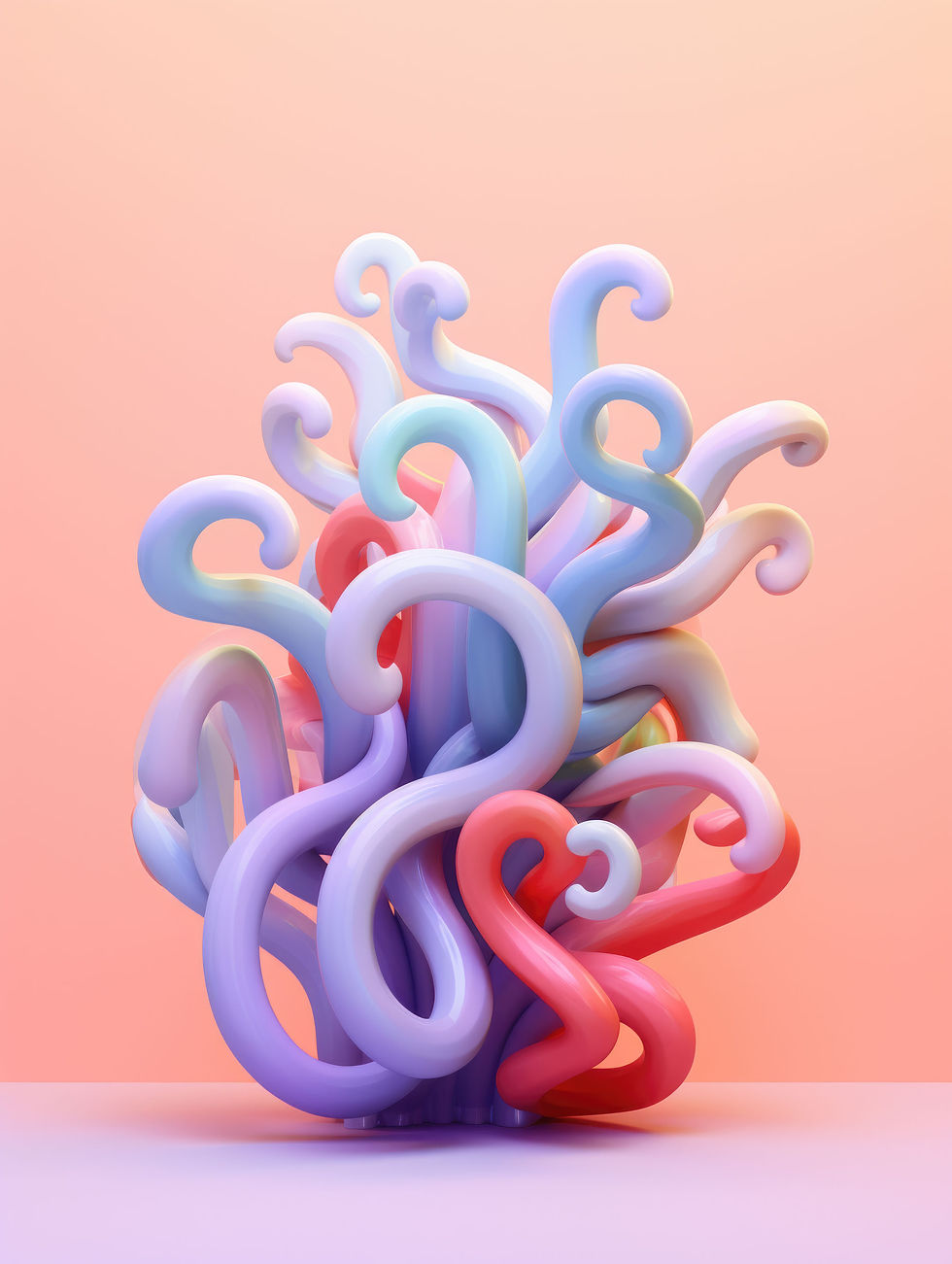Addiction and Counselling
- Anna Honeysett
- Feb 3, 2016
- 3 min read
Having worked for 5 years in a residential rehab for women with drug and alcohol addictions I do not really know where to start with trying to describe addiction and what it means to me. What I do know is that addiction is a cruel, heartless disease that can kill and destroy people, families and anything good in its path. I have seen the heartache and the pain that the cycle of addiction can bring and how it is never ever something that someone can ‘just stop.’ It is an all encompassing cycle of denial, shame, manipulation, fear, justification and many more powerful feelings.
I believe that using the word addiction too flippantly is dangerous. People laugh and say ‘oh i’m addicted to chocolate’ but actually I believe this is not an addiction but a habit. When people are in active addiction choice has very little to do with it. Not only are they driven by the physical substance itself they are also driven by the emotional attachment they have to that object or pastime.
Addiction can take many forms such as drugs, alcohol, shopping, gambling, sex, porn, codependency and eating disorders. The one thing that they all have in common though is people. I come from the standpoint that the substance is merely the symptom and that addiction comes in the person. What that means is that you can take the substance away and the person will still be addicted. It is not the bottle or the drug or the food that is causing the problem but the person who has turned to something because of their emotional distress. I have seen countless cases in my career where people have gone in and been detoxed from their substance and come out and immediately relapsed because they have not been given the tools to know how to cope with life without their ‘friend’ or coping mechanism. In order for people to recovery well they need abstinence, bundles of support, relapse prevention tools but most importantly they need to deal with the real reason that they turned to a substance in the first place.
A person with an addiction has to first recognize that they have a problem. I have seen denial so strong that a bulldozer could not break it down and I feel that denial is the most prominent and harmful of all the symptoms. This is because until a person can see that they have a pile of consequences and the reality of their addiction they will just keep going. I have seen children begging for their mother to stop drinking, children going into care, families disowning their loved ones, prison sentences, prostitution, thousands of pounds of debt, homelessness and the list goes on. However these awful consequences do not necessarily stop that person. It is utter madness and people are not in their right mind when entrapped by the cycle of addiction. AA puts it like this
INSANITY: Doing the same thing over and over and ove
r again and expecting a different result.
Often a person with an addiction knows that their illness is killing them but because of the powerful denial structure they will always be thinking’ oh just one more’ or ‘I can control it this time’ sometimes that person may even physically move location. then the thinking may be ‘oh I live in a different place now I will be ok with just one...’
A cycle of addiction is as follows:
An emotional trigger- craving- ritual- using- guilt and shame- repeat.
Counselling can really help a person address their addictions. If you know anyone who is struggling and they need to talk to a professional then please contact me for more information. All contact details are on the first page of my website www.honeysettcounselling.co.uk




Comments